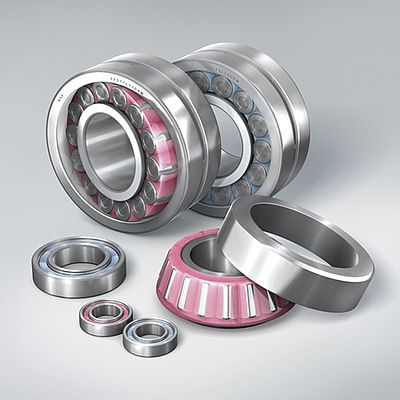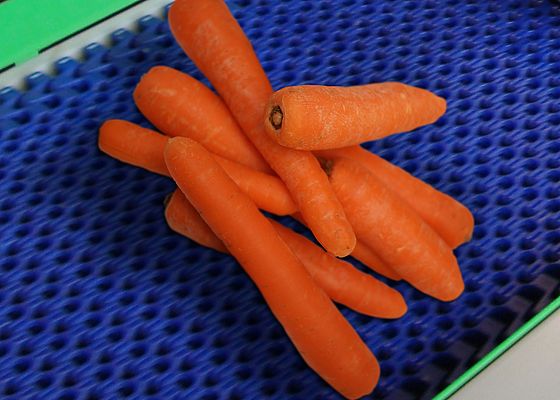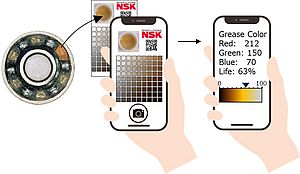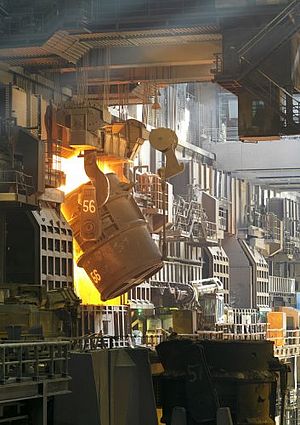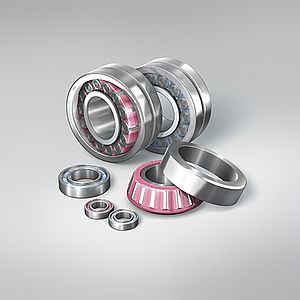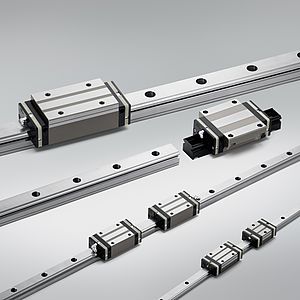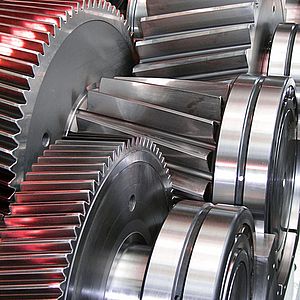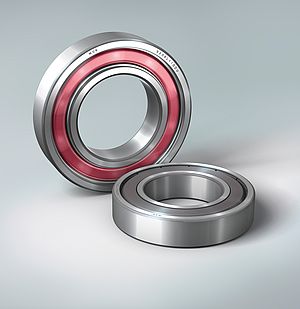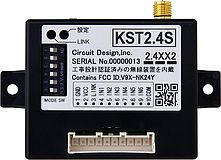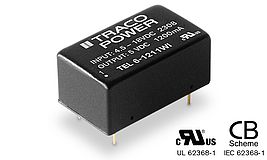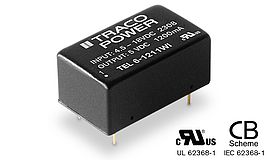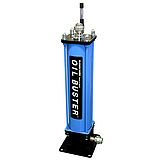A bearing substitution programme has produced substantial for a food processor operating a vegetable washer/polisher under harsh conditions, where water, soil and grit are prevalent.
The food processor was encountering high failure rates on housed bearing units used on the vegetable washer, resulting in complete bearing changes every three months. To make matters worse, the failed bearings were also difficult to access: maintenance engineers struggled to remove them, which was often impossible without resorting to hand grinders. What with all these problems, the cost of the failures was considerable: the yearly total for bearings, maintenance, engineering time and lost production amounting to €19,136 per year.
NSK investigated the application and proposed replacing the existing bearings with its stainless steel series of Molded Oil bearings. These bearings are designed to give high performance in water and dust contaminated environments. They employ a special solid lubricant to transform the performance of machinery in environments exposed to high humidity, corrosion and contamination.
A highly effective lubricant, Molded Oil offers more than twice the operating life of grease lubrication in water contaminated environments. Moreover, the technology means that operating environments are kept free of grease – very important in food applications - and there is no need for refilling of lubricant, as Molded Oil provides a continuous supply of lubricating oil.
A trial was conducted on the vegetable washer using Molded Oil bearings. This was a complete success; the bearings significantly outperforming the previous housed bearings: they are still operating after more than 12-months.
In addition to the improved reliability, and consequent annual cost reduction, this extended operation has brought, the food processor is also benefiting because a costly regreasing operation has now been eliminated. This represents an additional major saving in labour and downtime, enabling the food processor to introduce a reduced and planned maintenance regime.


